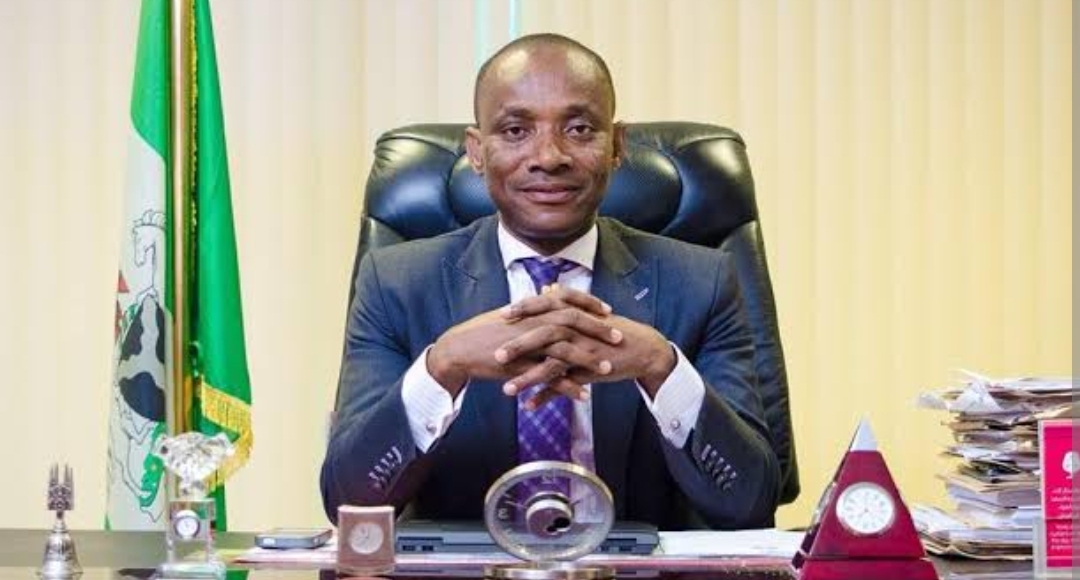Former Chairman of the Nigerian Electricity Regulatory Commission (NERC) and respected public affairs commentator, Dr. Sam Amadi, has called on political parties, organized labour, and civil society groups to take a frontline role in championing comprehensive electoral reforms in Nigeria.
Speaking during a public forum on governance and democratic development, Amadi lamented that Nigeria’s democratic process continues to face challenges that undermine credibility, inclusiveness, and fairness in elections. According to him, unless critical stakeholders take ownership of electoral reform efforts, the country risks perpetuating a flawed system that benefits only a few political elites while disenfranchising the majority of citizens.
Amadi stressed that electoral reforms cannot be left solely in the hands of politicians already in power, as they are often the beneficiaries of the weaknesses in the current system. Instead, he argued that political parties—both ruling and opposition—must demonstrate maturity by advocating for reforms that strengthen internal democracy, ensure transparency in primaries, and broaden participation.
He further emphasized the role of the Nigeria Labour Congress (NLC) and Trade Union Congress (TUC), saying that organized labour has historically played a pivotal role in shaping Nigeria’s democracy and should once again rise to the occasion. “Labour movements and civil society have the moral responsibility to put pressure on the system,” Amadi said, urging them to demand reforms that will guarantee credible polls and genuine representation.
Among the areas of reform highlighted by Amadi include:
-
Electoral Technology: The need to improve the efficiency and credibility of the Bimodal Voter Accreditation System (BVAS) and electronic transmission of results to eliminate rigging and ballot manipulation.
-
Campaign Financing: Stronger regulations to curb the influence of money in politics, which often sidelines competent candidates who lack deep pockets.
-
Judicial Integrity: Ensuring that election tribunals and courts act as impartial arbiters, free from political interference or inducement.
-
Security in Elections: Strengthening mechanisms to prevent intimidation, violence, and militarization of polling units.
Amadi noted that Nigeria’s democracy has endured since 1999 but warned that without bold reforms, voter apathy will continue to grow as citizens lose faith in the system. He also stressed that young people, who make up the largest demographic of registered voters, must be given reasons to believe their votes can make a difference.
His comments come at a time when debates around Nigeria’s electoral future are intensifying, with the 2027 general elections already on the horizon. While the Independent National Electoral Commission (INEC) has promised improvements, critics argue that real change will only occur if political stakeholders, labour unions, and civil society actively demand accountability and resist attempts to weaken democratic institutions.
Amadi’s call has resonated with many Nigerians who believe that electoral reform remains the cornerstone of good governance. By placing responsibility not just on INEC or the government, but also on parties, labour, and civil society, he is pushing for a more inclusive and people-driven approach to securing the future of Nigeria’s democracy.
More than news- Its Icegate

